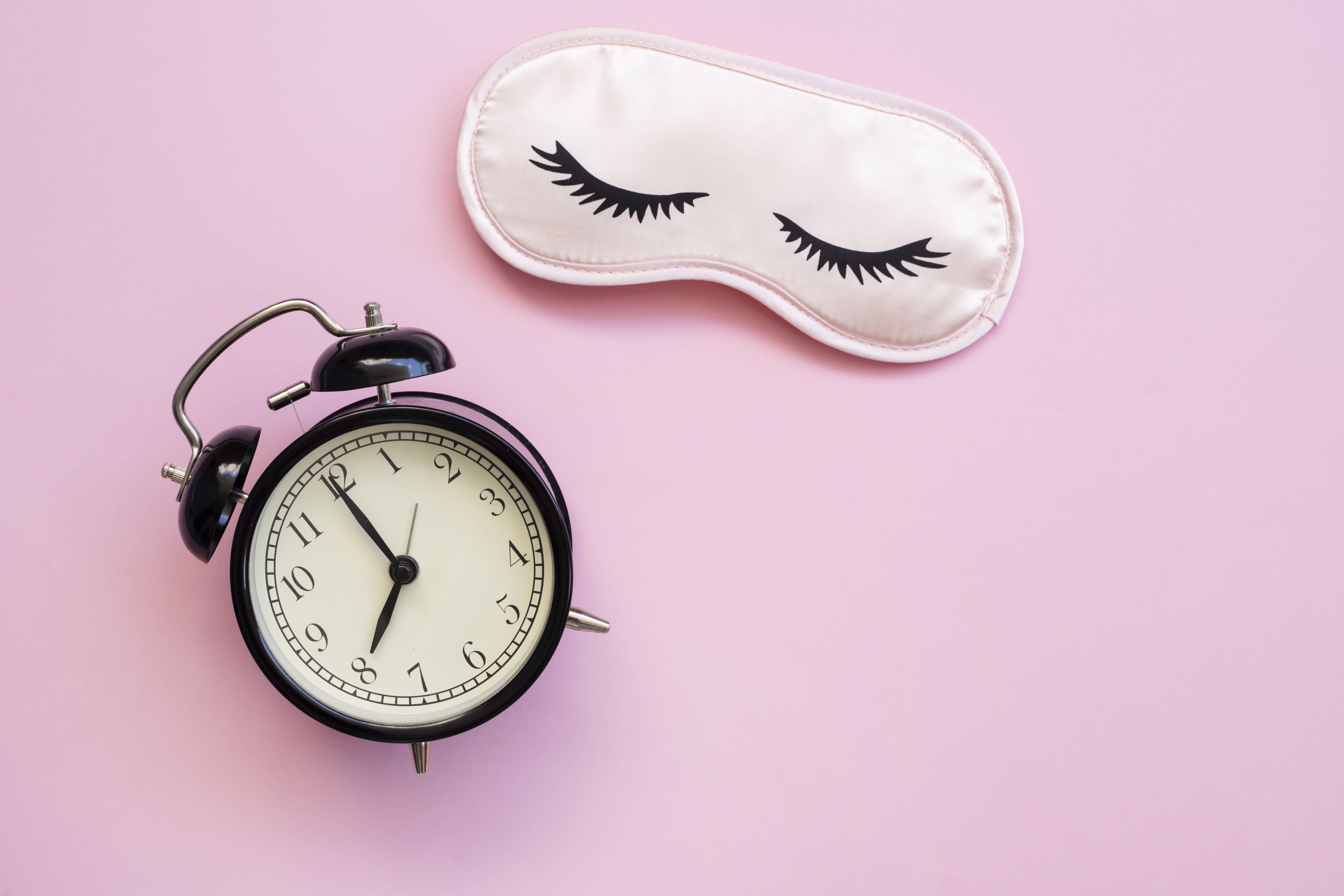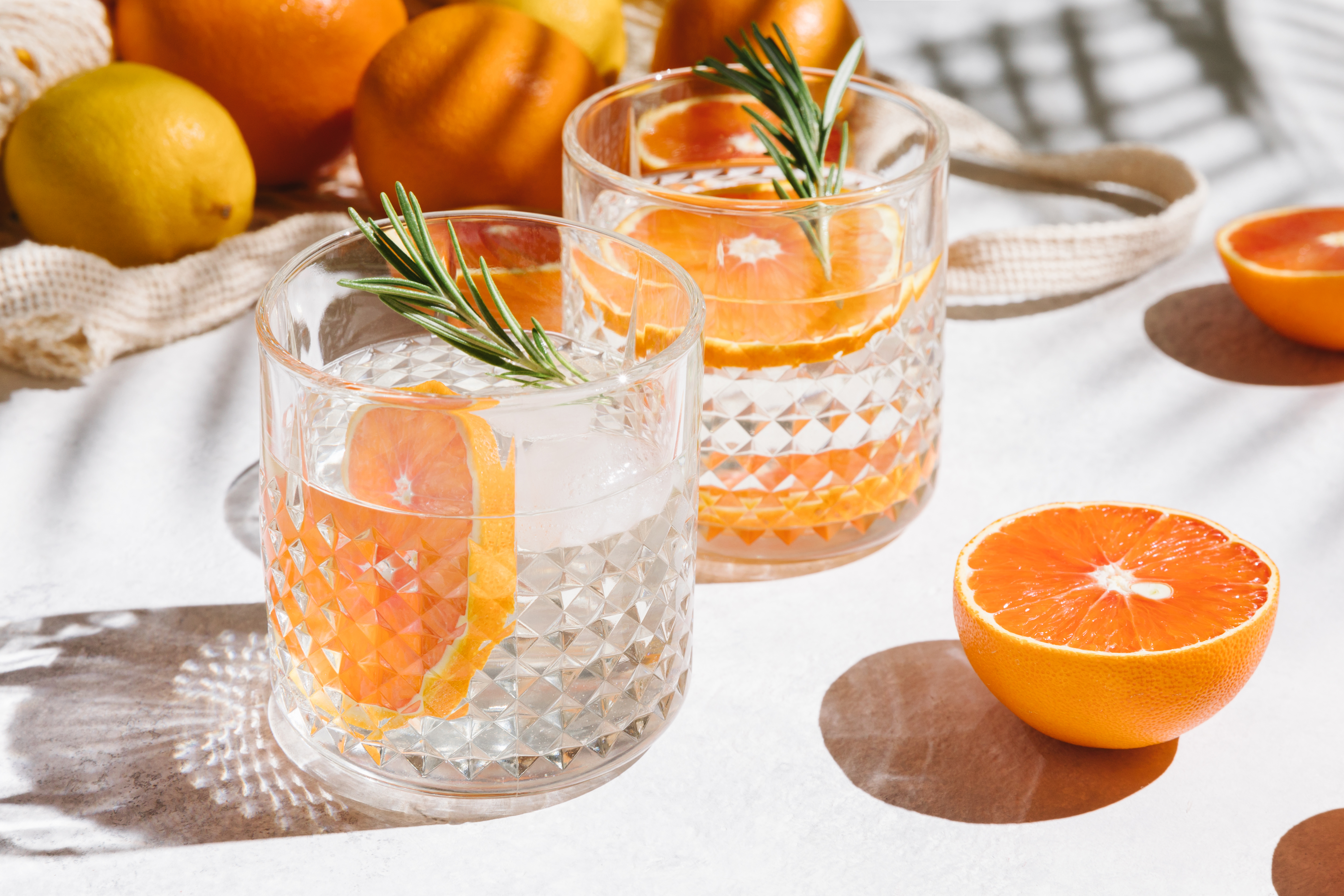Nutrition & Lifestyle Coach Charlotte Lau takes a look at the effects of alcohol on our bodies
For some, drinking alcohol can be part of a balanced lifestyle and a way of celebrating and marking social occasions. But everyone is different – therefore, whether moderate drinking can be part of your balanced lifestyle depends on who you are. The impact that drinking alcohol may have on your health involves factors other than the amount you drink, such as your family history, genetics and lifestyle. However, there’s no question that drinking excessively will have a negative impact on your health, regardless of these factors. The UK’s recommended maximum weekly alcohol intake is 14 units; when a 25ml shot of spirits is 1 unit, a 125ml glass of wine is 1.5, and a pint of beer or lager is 3, it soon adds up. This doesn’t suggest that limiting yourself to this amount will be beneficial to your health as alcohol can also affect you mentally and emotionally, not only your physical wellbeing.

Learn to… be conscious of your habits.
Picture this. It’s Friday night, you’ve had a long week at work and as soon as you walk through the door you reach for your favourite bottle of wine or head to the pub to enjoy a drink with your friends. Quite often our lifestyle choices can actually be automatic, a lifestyle habit. If you’re trying to reduce your alcohol intake, try some simple swaps when your automatic actions kick in. Stock up your fridge with alcohol free beers, fill your favourite wine glass with sparkling water and some fresh fruit or change the behaviour; swap your drink for 5 minutes of fresh air or a phone call to a friend.
Step away from… Liquid stress.
Unfortunately we are all too familiar with the feeling of modern day stresses and turning to alcohol is often a way, we believe, to help us relax. Sleep is an important aspect of how we manage stress, and, as alcohol is a sedative, we also mistakenly allow ourselves to believe that it will help us sleep better. However, alcohol actually disrupts our sleep and means we wake up more throughout the night. It also restricts REM sleep, which is vital and restorative and therefore actually has a negative impact, causing us more stress! If you don’t sleep as well as you’d like, removing alcohol for just 2 weeks can be really beneficial to the quality of your sleep.
Give it a go… Try alcohol free
Essentially the less alcohol consumed, the healthier the lifestyle. In the short term, if you’re drinking fewer units of alcohol in one drinking session, you are less likely to feel intoxicated and therefore you’re likely to have a better night’s sleep, not have a hangover the next day, more likely to exercise and make healthy eating choices, verses the days when you’re in the depths of a hangover. I’m sure we can all relate to reaching for the salty full English breakfast or lying on the sofa when we have over indulged. How about trying a slice of sourdough, scrambled eggs and avocado instead? Low-alcohol drinks are those which have an alcohol strength by volume less than 1.2%. And ‘alcohol free’ refers to a drink which has an ABV content of 0.05% or below, so why not try swapping your Friday night glass of wine for a lower-alcohol version?
Charlotte runs Plume Nutrition, where she offers support and advice for weight management, controlling cravings, sleeplessness, stress and increasing energy levels. Find out more at plumenutrition.com
You may also like
Heat Wave!
Sarah Maxwell explains how to exercise when you’re dealing with hot flushes Exercising during menopause can be challenging in many ways. If hot flushes are a familiar part of your journey, you’re not alone. Many women know all too well...
Nourish to Flourish
Nutrition & Lifestyle Coach Charlotte Lau explores the benefits of incorporating another healthy ingredient into our diets. This month it’s cherries One of my personal favourites… English cherry season. This small, but delicious, stone fruit doesn’t last long, so make...
Take me to… a UK Staycation
We’re kicking off our new travel feature with a collection of ideas to get you trying something new with explorative and adventurous trips Cornish Escape The Park, Cornwall is an award-winning holiday village, just a short stroll from Mawgan Porth...










